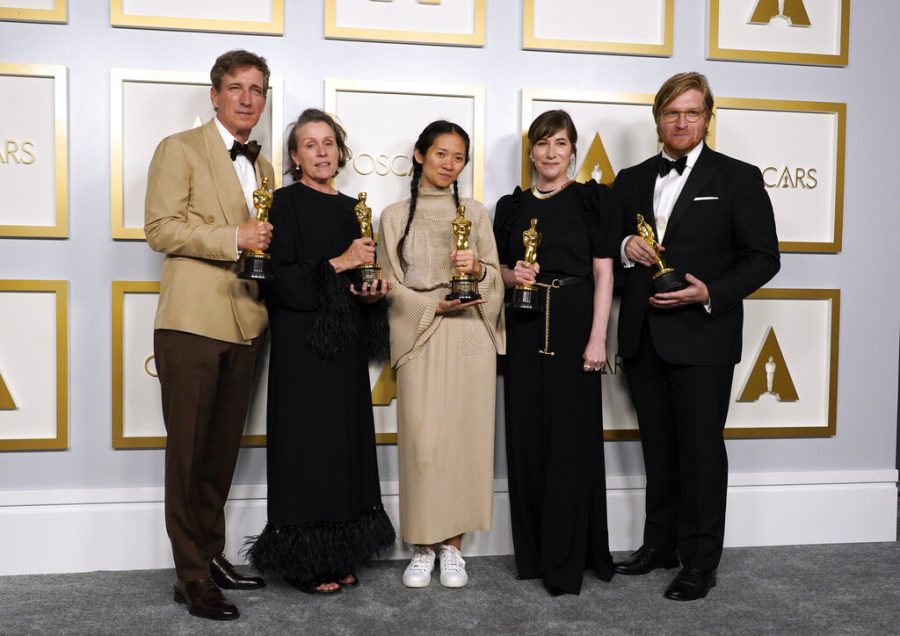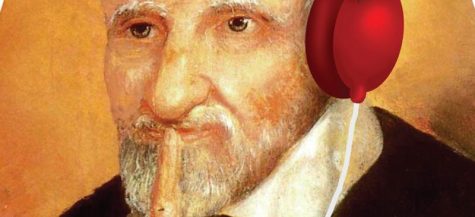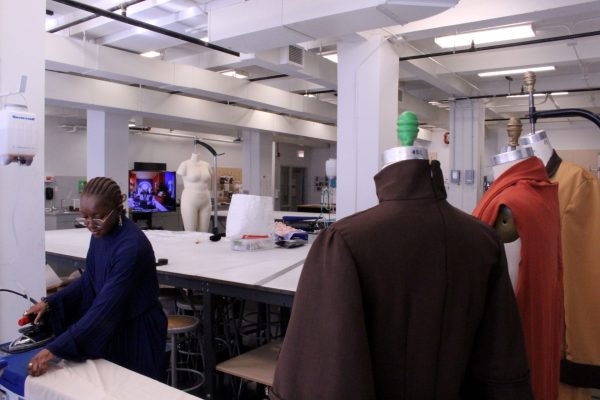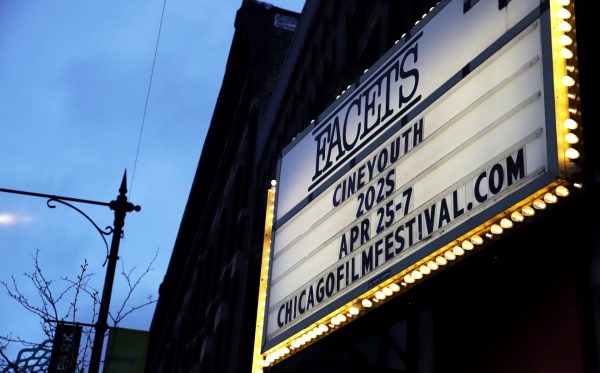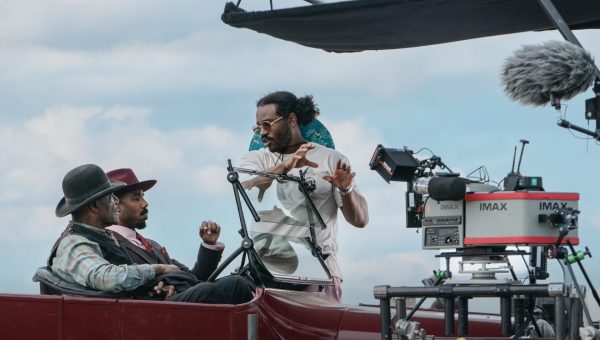Oscars Recap: Nomadland nabs top prizes in a night of surprises
Producers Peter Spears, from left, Frances McDormand, Chloe Zhao, Mollye Asher and Dan Janvey, winners of the award for best picture for “Nomadland,” pose in the press room at the Oscars on Sunday, April 25, 2021, at Union Station in Los Angeles. (AP Photo/Chris Pizzello, Pool)
Sunday night saw the much-awaited ceremony for the 93rd Academy Awards, which —- after being delayed due to pandemic restrictions and switching venues — finally gathered the industry’s finest to award this year’s top prizes. The first two hours of the show went by fairly unremarkably — from the best documentary win onwards there was controlled chaos — and not just because of the winners. Though Chloé Zhao’s “Nomadland” nabbed the top prizes, including best director, best picture and best actress, at this year’s Oscars, it was just as much about who didn’t win as who did.
The evening began with a number of lengthy, thoughtful speeches from both presenters and nominees, led by Regina King, whose directorial debut “One Night in Miami” nabbed two nominations, though neither for King herself. King presented the first two awards of the night — original screenplay, which went to “Promising Young Woman,” and adapted screenplay, which went to “The Father.” Though Emerald Fennell’s win for “Promising Young Woman” was predictable, “The Father” winning for best adapted screenplay was the first of two surprise wins for the film that evening.
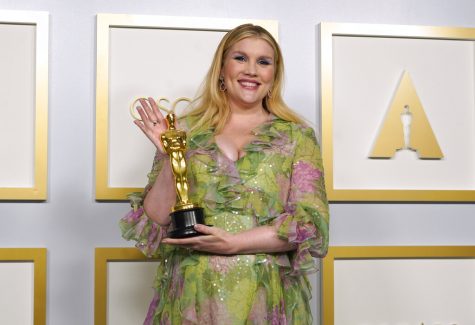
Best supporting actor went to Daniel Kaluuya for “Judas and the Black Messiah” for his magnetic portrayal of Chicago Black Panther Party Chairman Fred Hampton, while Youn Yuh-jung nabbed the win for best actress for her role as a lovable yet ailing grandmother in “Minari.” Youn’s win marked the first time an Asian woman has won in the category since 1957. Asian women also made great strides in directing — Zhao brought home the gold for “Nomadland,” making her the first Asian woman ever to win in the category. Zhao also produced, wrote and edited the film.
Danish director Thomas Vinterberg’s “Another Round” made it out with the top prize in the best international feature film category, while Pixar’s “Soul” won for best animated feature film, continuing Disney’s deathgrip on the category, despite some stiff competition from Apple TV+’s underdog “Wolfwalkers.” “Soul” also won big for best original score, composed by Nine Inch Nails’ Trent Reznor and Atticus Ross in collaboration with jazz musician Jon Batiste. H.E.R. won for best original song for “Fight For You”, featured in “Judas and the Black Messiah” — alongside Kaluuya’s win for supporting actor, those were the only two wins for the film that evening.
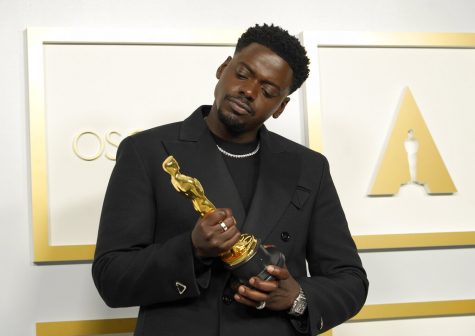
But the biggest surprise of the night had nothing to do with the winners themselves — it was the order in which they were announced. The 93rd Academy Awards shirked traditional presentation orders in favor of building what they presumably hoped would be momentum towards a win for the late Chadwick Boseman in best actor for “Ma Rainey’s Black Bottom.” So much so that they rearranged the order of the last three categories — having Rita Moreno present best picture (traditionally the last award of the evening) before both best actress and best actor.
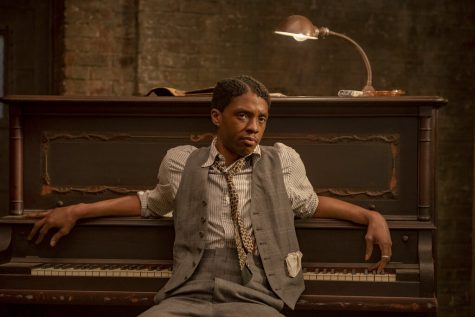
Frances McDormand won back-to-back statuettes, first taking the stage alongside the cast and crew of “Nomadland” to accept the win for best picture — a speech which ended with her giving a wolf howl in a reference to the film. McDormand then won again, this time for best actress, and kept her speech short and sweet. Far and away the biggest shock of the evening, though, was Anthony Hopkins’ win for his portrayal of an aging man with dementia in “The Father.” Though his performance was a career high, most pundits (and the Academy) had predicted that the Boseman would win a posthumous best actor — and thus structured the ceremony accordingly, so it would end on that solemn, honorary note.
Boseman didn’t win, though, and after an almost awkward presentation from last year’s winner Joaquin Phoenix (another switch-up: typically, the opposite sex presents the best actor/actress), Hopkins took home the win — but wasn’t there to accept the award, and the evening ended without much fanfare on a relatively anticlimactic note. Though the Oscars started out relatively unremarkably, the combination of Glenn Close twerking, a rushed In Memoriam segment and the re-structured final three awards, culminating in Boseman’s non-win, ended up shaping the ceremony into one of the messiest in the show’s history.


